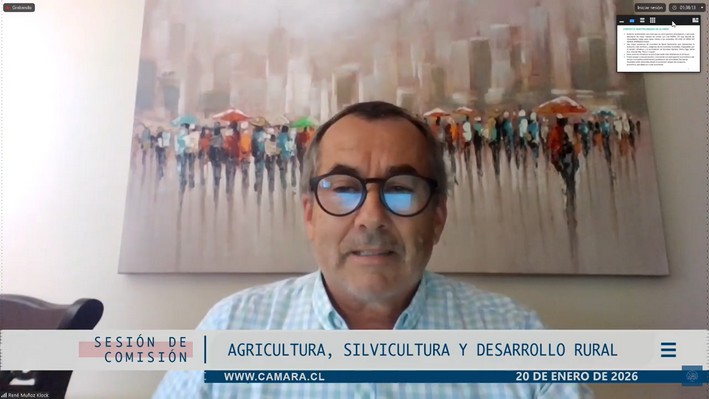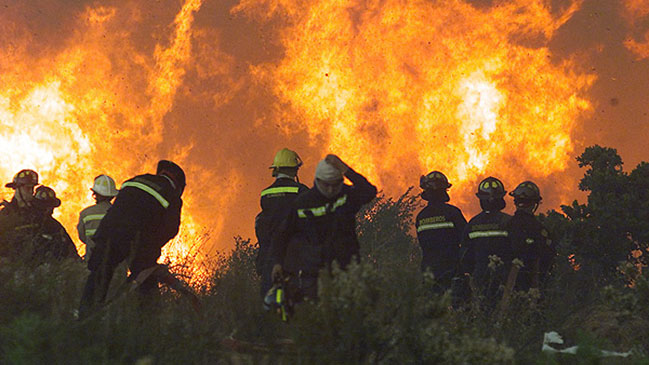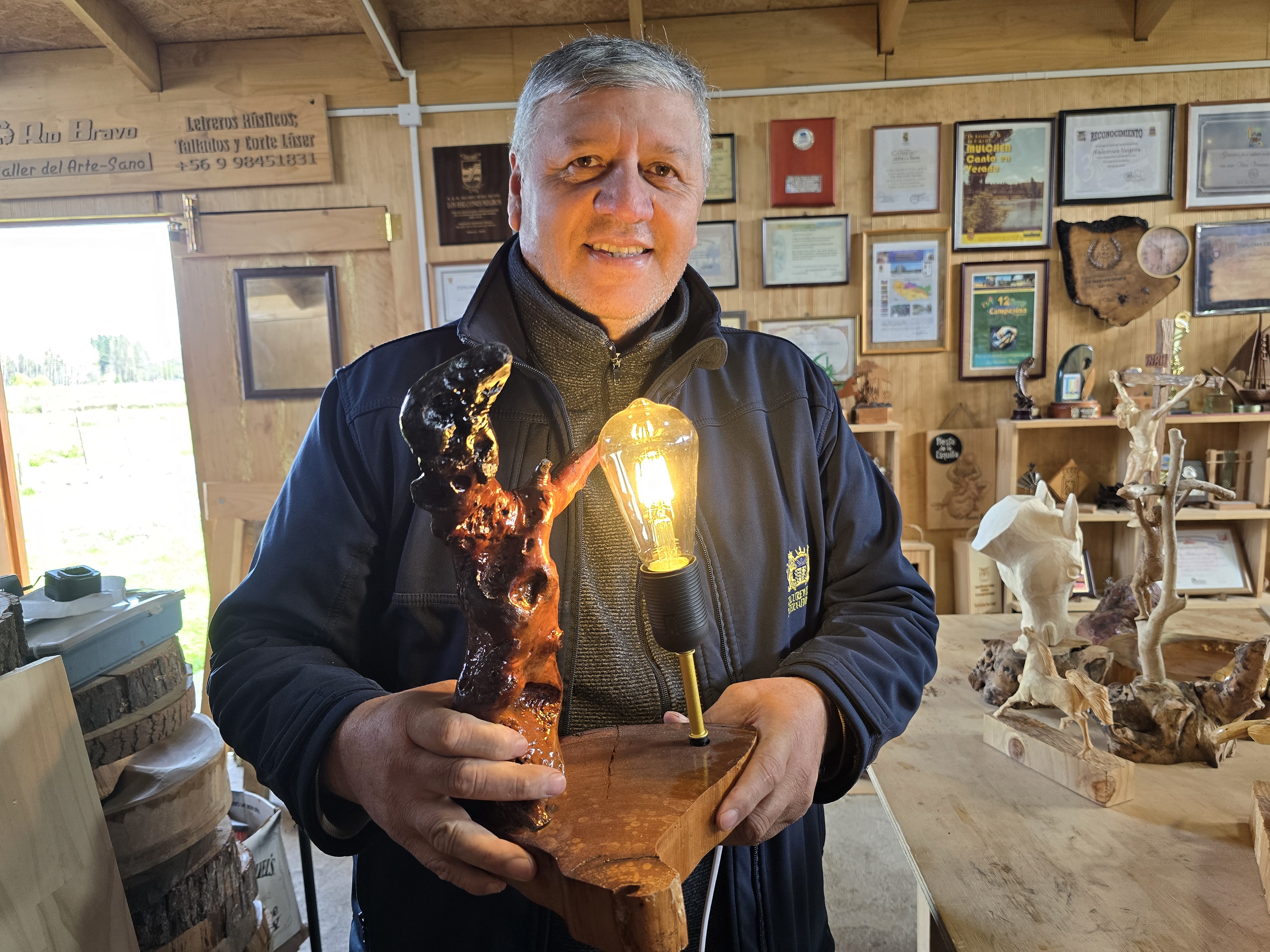From the lack of state incentives to criticism of mandatory mixed plantations, along with the need for a comprehensive approach to revitalize a sector that has experienced stagnation in recent years, these were the points raised by Simón Berti, president of the Association of Forestry Engineers of Chile (Cifag). He highlighted the multiple challenges facing this strategic industry for the country's development.
The turning point for the forestry sector, in his view, dates back to the leadership of Eduardo Vial at the National Forestry Corporation (CONAF). During this period, efforts were made to keep Decree Law 701 in force—a key incentive for small and medium landowners, as well as for reforesting eroded soils. However, the failure to continue this subsidy marked the beginning of a significant slowdown.
"The loss of this incentive was a brake on our sector," he stated. The absence of incentives has discouraged both small landowners and large investors, who face a high-risk, low-profitability business.
Risks and Profitability
One myth Berti debunks is the perception that the forestry sector is immensely profitable. According to his calculations, the internal rate of return for a forestry plantation rarely exceeds 6.5%, a figure that barely competes with risk-free investment options like bank deposits.
Additionally, the long-term nature of these investments—with production cycles ranging from 10 to 25 years—exposes landowners to significant risks such as fires, pests, extreme winds, and frost. As an example, Berti mentioned the strong winds last winter, which toppled around 40,000 hectares of forests in Chile, an event that went largely unnoticed in the media. "To succeed in a 25-year plantation, we need 25 consecutive summers without fires. It’s a high-risk activity," he explained.
The Role of the State
In this context, the Cifag president called on the state to resume its role as a promoter of the forestry sector. In his view, worldwide, a robust forestry sector depends on state incentives that reduce investor risk and encourage reforestation on degraded lands.
"The state must promote this sector if it wants to maintain its relevance. It’s not just an economic issue but also about environmental benefits, such as CO2 absorption, erosion reduction, and improved water quality," he emphasized.
Berti also questioned the trend of imposing mixed plantations, arguing that they further reduce the already limited profitability of plantations. For him, landowners' freedom to choose which species to plant is crucial.
"All trees provide similar environmental benefits, from CO2 absorption to erosion protection. But forcing species mixing can make the investment even less attractive for landowners," he argued.
Additionally, he stressed the importance of considering factors like species adaptability to climate and soil, as well as economic viability. "Choosing a species depends not only on its compatibility with the land but also on market demand. A poor choice can be disastrous," he warned.
Monoculture: A Necessary Debate
Monoculture, particularly of exotic species like radiata pine and eucalyptus, has faced criticism in the forestry sector. However, Berti defended its economic and productive efficiency, comparing it to other agricultural sectors where monoculture dominates.
"There isn’t a single agricultural crop in Chile that isn’t essentially a monoculture. Wheat, tomatoes, apples, avocados—all are produced under this model because it’s the most efficient way," he stated.
Furthermore, Berti advocated for greater diversity in the business structure of Chile's forestry sector. While acknowledging the role of large companies like Arauco and CMPC, he emphasized the need to encourage medium-sized enterprises to bring more dynamism and competition.
"It would be great if the forestry sector had more medium-sized companies again, as in the past. That would allow for more balanced and sustainable development," he noted.
Insecurity
Amid growing insecurity and constant attacks, Simón Berti praised the courage and resilience of forestry contractors and their workers, who face adverse conditions that threaten not only their physical safety but also their emotional and economic stability.
He stressed that these often-overlooked workers are at the center of a conflict aimed at targeting major players in the forestry sector but ends up unfairly impacting contractors and their teams. "The right to workplace safety is a human right," he asserted emphatically, recalling the presentation this group made to the International Labour Organization (ILO), appealing to states' obligation to protect vulnerable sectors.







Comments (0)
No comments yet. Be the first to comment!
Leave a comment